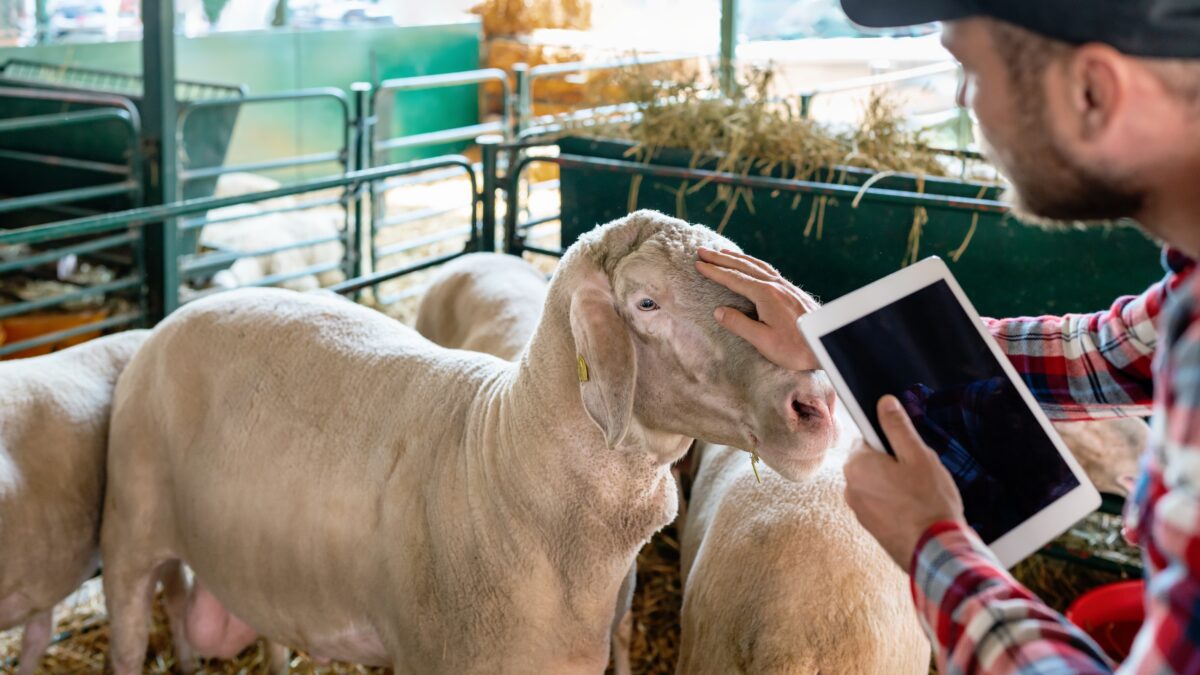Greece is participating in a European project aimed at optimising the welfare and productivity of small ruminants through precision livestock farming technologies, with the goal of improving living conditions for animals in livestock facilities. To achieve this objective, new precision technologies are being introduced in sheep and goat farms to enable the timely diagnosis of health and welfare issues in the animals. In addition to Greece, eight other countries are participating in the project, which is expected to conclude at the end of 2025. Greek livestock breeders played a crucial role in the project, participating in working groups and expressing their views in online meetings. These meetings were also attended by professionals in various parts of the sector, such as veterinarians, livestock transporters, slaughterhouse owners. More specifically, in the first meeting a priority list was developed based on the needs of Greek farmers regarding issues related to animal welfare. For example, mastitis is a disease that troubles animals and in many cases is detected and treated late by farmers. Another issue is the need to improve microclimate conditions in barns (e.g. bedding humidity, air quality, increased temperatures in the summer etc.). All these issues impact livestock well-being and are directly connected with their productivity. In the second phase, farmers ranked the importance of proposed technological tools from a list compiled by scientists.
According to what the farmers stated in the working groups, the tools selected in order of priority were: 1) environmental conditions and air quality sensors, which optimise microclimate conditions in animal shelters; 2) electronic milk metres to measure each individual animal’s milk production; and 3) EID – RFID readers, which monitor the health and well-being of individual animals (e.g. feed and water consumption). The categorization of tools will be finalised upon completion of the project.










